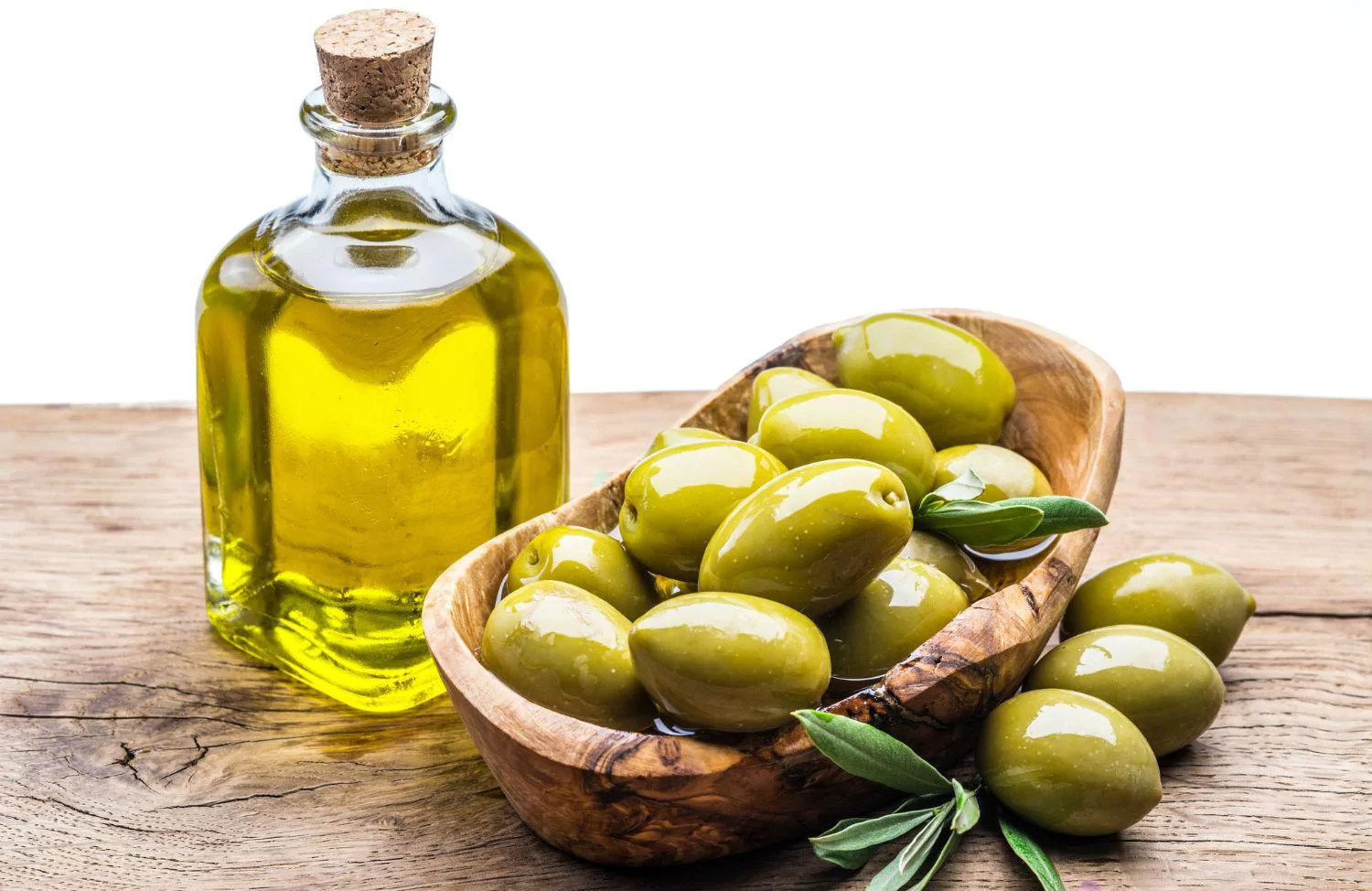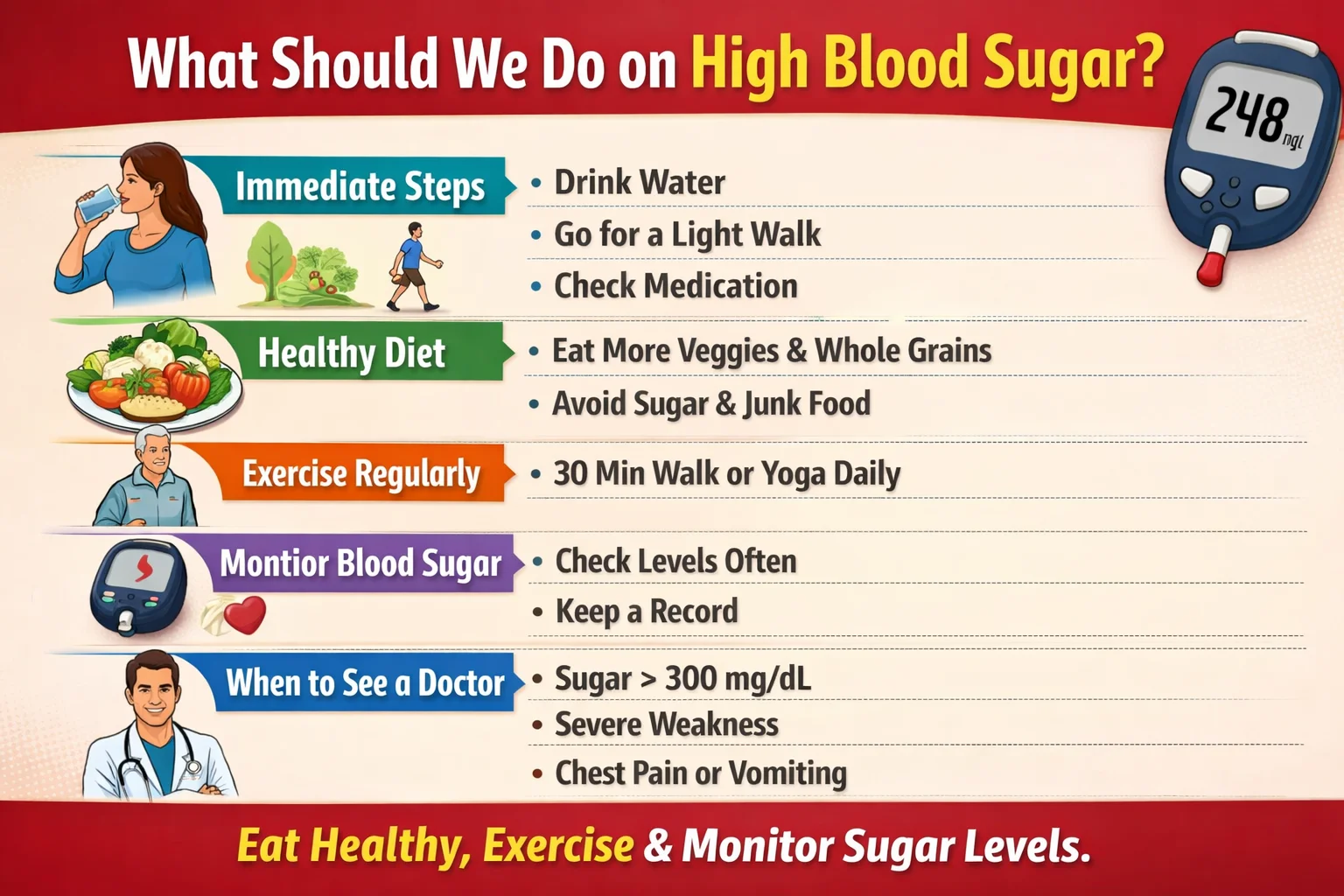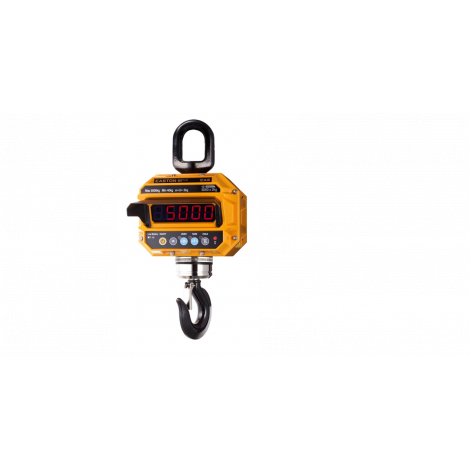People all over the world are discovering how delicious and healthy olive oil is. But with so many olive oils on the market, it can be hard to know which one is best for you. Here’s a simple guide to navigating the supermarket shelves and choosing your oil wisely.
What is Olive Oil?
Extra virgin olive oil is made from pure, cold-pressed olives, whereas regular olive oil is a blend, including both cold-pressed and processed oils.
Olive oil is packed with heart-healthy monounsaturated fats and antioxidants that can help lower your risk of heart disease.
It has a host of other health benefits as well, including reducing inflammation, improving brain function and even helping to prevent cancer.
So what exactly is olive oil, and what makes it so good for you? Read on to find out!
Types of Olive Oils
There are a few different types of olive oil, and each type has its own distinct flavor. The most common type of olive oil is extra virgin olive oil, which is made from pure, cold-pressed olives. It has a fruity, peppery flavor and a slightly bitter aftertaste. Virgin olive oil is also made from pure, cold-pressed olives, but it has a milder flavor than extra virgin olive oil.
Other types of olive oil include light olive oil, which is a blend of refined and virgin oils; and flavored olive oils, which are infused with herbs or other flavors.
Benefits and Uses
-Olive oil is a popular cooking oil that is known for its health benefits.
-Olive oil is rich in antioxidants and has been shown to have various health benefits, including reducing inflammation and lowering cholesterol levels.
-Olive oil can be used in many different ways, such as in salad dressings, marinades, and baking.
-Extra virgin olive oil is the highest quality olive oil and has the most antioxidants.
How to Store Olive Oil ?
When it comes to storing olive oil, there are a few things you should keep in mind. First, always store your olive oil in a cool, dark place. This will help to preserve its flavor and prevent it from turning rancid. Second, make sure the container you use is airtight. Olive oil can oxidize quickly when exposed to air, so an airtight container is essential. Finally, if you have any olive oil that is past its expiration date, don’t hesitate to throw it out. Using expired olive oil can result in off flavors and spoil your dish.
How to Buy the Best Olive Oils ?
When it comes to olive oil, quality is key. With so many brands and types on the market, it can be tricky to know how to choose the best one for your needs. Here are a few tips to help you buy the best olive oil:
- Look for Extra Virgin Olive Oil: This is the highest quality olive oil available and is made from pure, first cold-pressed olives. It has a fruity, green flavor and a slightly peppery finish.
- Check the Label: Make sure that the label says “extra virgin” and includes an expiration date. The oil should also be stored in a dark glass bottle to protect it from light and oxygen.
- Taste Before You Buy: If possible, try before you buy. Most specialty food stores will have samples available so you can taste different olive oils before making a purchase.
- Know Your Budget: Extra virgin olive oil is pricier than other types of olive oil, but it’s worth the investment if you’re looking for the best quality product. However, if you’re on a budget, there are still plenty of good quality olive oils available at more affordable prices.
- Shop Around: Compare prices and products at different stores before making your final decision. You may find that certain brands are cheaper at certain retailers.
By following these tips, you can be sure that you’re buying the best quality olive oil available on the market today!

Buying Tips
-When purchasing olive oil, always look for the “extra virgin” label. This means that the olives were cold-pressed to extract the oil, and that no chemicals or heat were used in the process.
-Extra virgin olive oil should be a greenish-yellow color. If it is darkened or has a red tinge, it has been exposed to oxygen and is no longer of good quality.
-The flavor of extra virgin olive oil can vary depending on the region where the olives were grown and the time of year they were harvested. Generally, early harvest oils will be more intense in flavor, while late harvest oils will be milder.
-When storing olive oil, always keep it in a cool, dark place. Exposure to light and heat will cause the oil to deteriorate.
Storage Tips
When it comes to storing olive oil, there are a few things you should keep in mind. First, always store your olive oil in a cool, dark place. Heat and light can cause the oil to go rancid more quickly. Second, if you have an opened bottle of olive oil, be sure to use it within a few months. Once opened, olive oil will start to lose its flavor and nutrients.
To get the most out of your olive oil, be sure to follow these storage tips!
Conclusion
There are so many different types of olive oil out there, and it can be tough to know which one to choose. We hope that this guide has helped you understand the basics of olive oil and what to look for when choosing a quality product. With so many health benefits, olive oil is definitely worth incorporating into your diet. Thanks for reading!
Also Read: Instructions to Gain Weight (and Muscle Mass): 6 Easy Tips and Diet Plan



